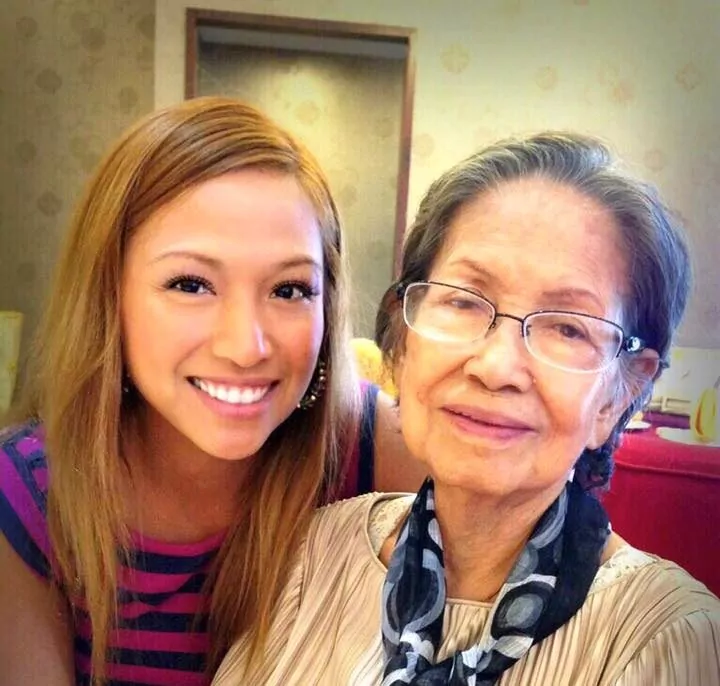 Planning a meeting with a lawyer to help your aging relative plan for the future? If so, take a moment to read this to help you understand the legal terms commonly used by lawyer.
Planning a meeting with a lawyer to help your aging relative plan for the future? If so, take a moment to read this to help you understand the legal terms commonly used by lawyer.
Here are some terms your lawyer may use:
Agent– The person given legal authority to make financial decisions for the person with dementia
(principal) through a power of attorney document, usually a trusted family member or friend; see also, health care agent
Artificial life support– Medical equipment and other technology used to prolong the life of a person who is seriously ill by sustaining essential body functions, like breathing
Assets– Personal possessions of value, including cash, bank accounts, real estate, vehicles and investments
Beneficiaries– The people named in the will to receive the estate of the person with dementia upon his or her death
Conservator– The person appointed by the courts to make financial and/or health care decisions on behalf of the person with dementia; referred to as the guardian in some U.S. states
Custody– Legal responsibility for a person
DNR– Stands for “Do not resuscitate” and refers to a person’s instructions that, if his or her heart or breathing stops, the doctor should not try to restart it
Durable– When a power of attorney document is durable, it is valid even after the person with dementia can no longer make his or her own decisions
Execute– To legally sign or “carry out” a legal document
Executor– The person named in a will to manage the estate of the person with dementia upon his
or her death
Grantor– The person for whom a living trust is created; for example, the grantor of the John W. Smith Living Trust is John W. Smith; also called a trustor
Guardian– The person appointed by the courts to make financial and/or health care decisions on behalf of the person with dementia; referred to as the conservator in some U.S. states
Health care agent– The person given legal authority to make health care decisions for the person with dementia (principal) through a power of attorney for health care document; usually a trusted family member or friend
Legal capacity– The level of judgment and decision-making ability needed to sign official documents
Principal– The person with dementia who, through a power of attorney document, legally chooses an individual to make decisions on his or her behalf
Probate– The process used by the court to distribute the property of a person who has died
Summons– A notice to appear in court; delivered to the person with dementia when a petition of guardianship or conservatorship has been filed
Trustee– The individual or bank chosen to manage the property (assets) in the living trust of the person with dementia
Trustor– The person with dementia for whom a living trust is created; for example, the trustor of the John W. Smith Living Trust is John W. Smith; also called a grantor
Articles Related To Legal Planning:
- Estate Planning
- Difference Between Advance Directive and Living Will
- Legal Planning Tips For Your Aging Loved Ones
- Terms Commonly Used By Lawyers
- Legal Planning For Dementia Patients
- Legal Documents Every Caregiver Should Have Access To
Other SeniorCareHomes.com Helpful Links:
- Seniors Online Community & Discussion Forum
- Senior Care Facility Search
- Senior Facility Registration
Source: Alzheimer’s Association
Catharine “Kate” is a Certified Administrator for Residential Care Facilities for the Elderly (RCFE) and an Expert Senior Care Advisor. Kate’s grandmother battled Alzheimer’s Disease and Kate personally understands what millions of families are going through. Kate and her team are very passionate in empowering Seniors and their families by providing them with the Best Available Senior Care Options based on Senior’s care needs, preferred location and family’s budget.


